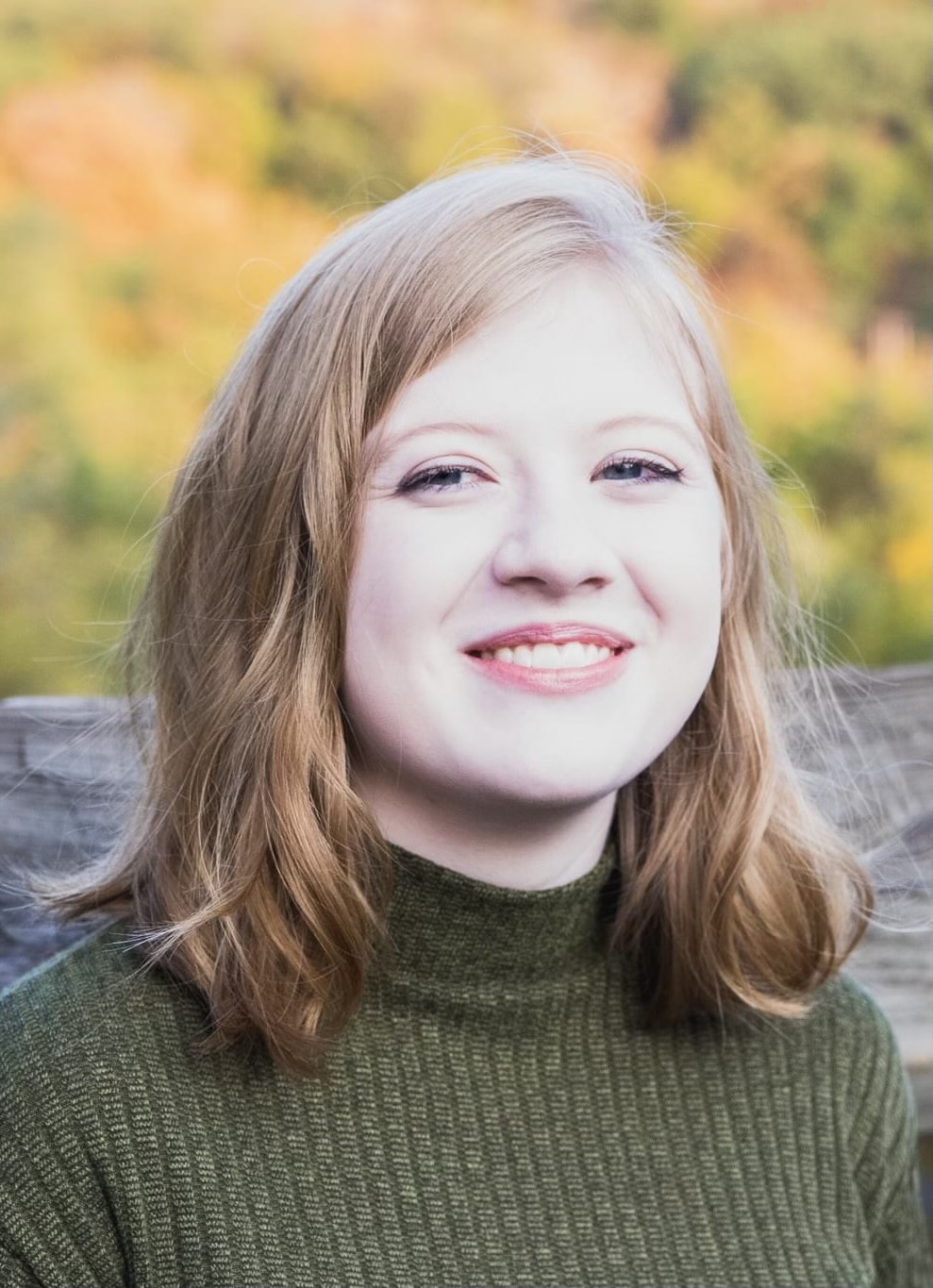A message from Born This Way Foundation’s communications intern Emma Vrabel for #NationalInternDay
As a new intern, I was scared. What if my supervisor doesn’t want to work with me? What if my suggestions are impossible? What if I’m not worthy of being here, of taking up this much space?
These thoughts are especially potent as a queer disabled woman familiar with spaces not designed for me. Sometimes oppressive systems make those “what ifs” reality. That’s why I’m passionate about advocacy, and consequently, about interning with Born This Way Foundation. No one should live with that ticker of “what ifs” in an attempt to protect themselves.
I knew Born This Way Foundation would accelerate my advocacy. But it also reframed how I approach it.
I met people I idolized, including Keely Cat-Wells, an activist whose company champions other disabled people. I developed empowering events, such as a YOUNGA panel on disability and kindness. I felt valued in what could’ve been daunting spaces. My supervisor trusted me to represent Born This Way Foundation. As team members’ voices were amplified, I felt safe to raise mine. “What if this project fails?” became: what if it succeeds? What if it turns out better than I could have hoped? What if I brought value to this space?
Born This Way Foundation pushed me to focus on areas in which I am passionate while staying rooted in its aspirational approach to advocacy. We focus on what a kinder world would look like. While that inherently involves taking stock of unkindness around us, next steps come from a place of hope.
And so I found myself not only thinking about the unkind moments that had led me to advocacy, but also about hopefulness. As my personal “what ifs” became optimistic, so did the “what ifs” in relation to my advocacy. What if those around me were helpful and compassionate to disabled people? What if we were able to begin to dismantle the systems that kept disabled people excluded and marginalized? What if I could emulate the kindness exemplified among Foundation members, even just for one article, or one conversation? What if the world were a kinder, braver place?
Advocacy can be exhausting, especially when you’re advocating for a group to which you belong. Asserting you and others like you are worthy of an equal place in society is painful. Reframing perspective to focus on a place of hope doesn’t fix systems of oppression, and activism must remain aware of that pain and trauma. Yet it also is important to acknowledge that the reason I was able to reframe my perspective in this way is because I was encouraged by incredibly supportive people–not everyone has access to that privilege.
But using hope as a tool makes me feel uplifted, rather than drained, by advocacy.
Advocacy can be aspirational, motivating, joyful. It is a call to wonder: what if the world were better?









